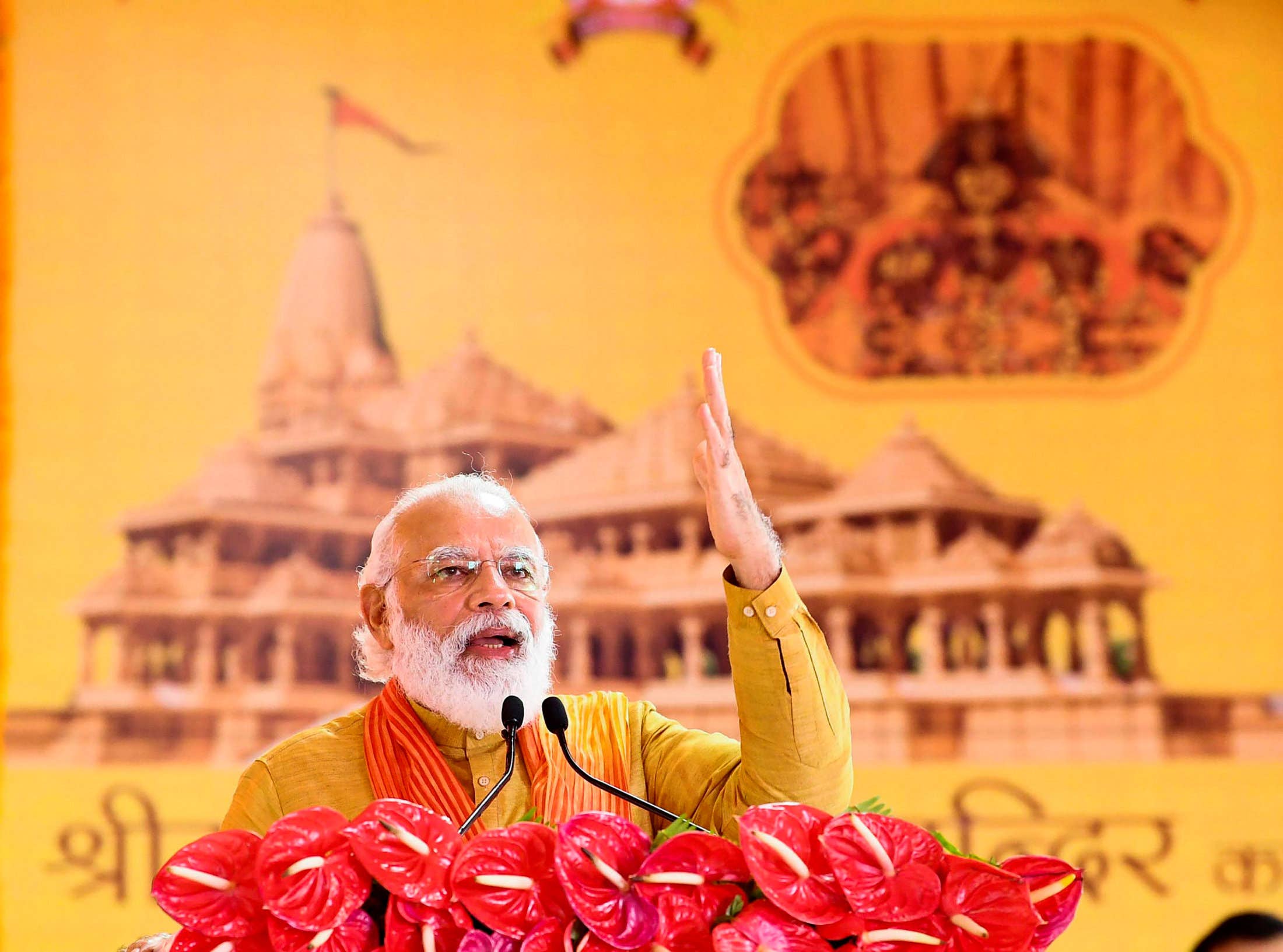India is the largest democracy in the world, and there are literal scares of when the “is” could become “was”. In simple words, there have been several speculations about the eventual collapse of democracy in India as its foundations are in shambles and constantly challenged.
It is true that Indian democracy has eroded over time. Last year, our ranking in the Economist tumbled to 53 from 35 in 2006. Press freedom, one of the four pillars of democracy, is in danger. In fact, the autonomy of the Election Commission has been questioned and so has been the way in which its leaders are appointed.
Narendra Modi-led BJP government is thriving on politics based on religious polarization. Its political propaganda comprises of making India a Hindu Rajya, as it ignores the fundamental of the constitution – secularism.

There are several challenges that our country is going through presently, all pointing to the collapse of democracy. But no matter how bleak the situation seems currently the truth remains that our democracy is resilient and won’t collapse so easily.
Collapse of Democracy – Not In Farsight
The first reason why democracy won’t die here is that it is so deeply entrenched now that the public, through hook and crook, will ensure that it does not collapse.
A major population of India comprises religious minorities, Dalits, and marginalized people, whose upliftment depends on their right to vote, to voice out their concerns, to protest against the government. Democracy is the only form of government that ensures all this and more.
The recent case of farm laws is evidence of that. The farmers, who are the backbone of our country’s economy and livelihood, held a year-long protest against the three controversial farm laws passed in 2020. The government, at last, repealed them in favor of the farmers, a victory of our core democratic values.
Secondly, there’s a system of checks and balances. No matter how centralized the power appears on the surface, the truth is that the regional political parties still have a stronghold at the grassroots level. Most people still prioritize economic and infrastructure development over personal religious interests.
The victory of Mamata Banerjee’s party in West Bengal, DMK in Tamil Nadu, and CPI(M) in Kerala against BJP is proof of that. Narendra Modi is a leader to look up to majorly in North and West India, but India as a country is defined not just by these regions.
Read More: How Is The Rise Of Deepfakes A Threat To Democracy?
There have been attempts to silence the contempt against the central ruling party, but that doesn’t stop the youth to voice their concerns on social media.
The mainstream media may be becoming a puppet of Modi and his followers, but with the growing number of Indians signing up to social media platforms, there is never going to be complete government control on information.
Recently, there was an article in The Hindu that mentioned how the rise in political violence in Haryana will tarnish Gurugram’s image as the tech hub and discourage companies from setting headquarters there. Gurugram is where the Haryana government gets the major tax revenue from, and it provides employment to several people in the state.
The politics of religious polarization won’t go down with the business liberals, and if it comes to choosing between economic growth and religious/political interests, what according to you would a middle-class citizen tilt towards?
That holds true for our country at large. There’s always going to be a conflict between private entities and an authoritarian government, and the former thrives in societies of high freedom and liberty. At a time when Modi is working to encourage the startup landscape, is creating societal unrest through divide-and-rule politics really in his best interest?
The fact that democracy survived in India for so long and managed to hold together its social fabric is living proof that it is truly the best form of government, not just in low-populated western countries, but even in a country as complex as ours. And it will not collapse now, or anytime in the future.
Disclaimer: This article is fact-checked
Sources: The Diplomat, Gulf News, The Print
Image Sources: Google Images
Find The Blogger: @TinaGarg18
This post is tagged under: democracy, pillars of democracy, largest democracy in the world, India, constitution, preamble, secularism, religion, liberty, religious minorities, indian values, Narendra modi, politics, polarization, hinduism, state parties, economic growth, liberal society
Other Recommendations:
Why The Narrative Of Choosing The Lesser Evil Will Lead To The Eventual Downfall Of Indian Democracy